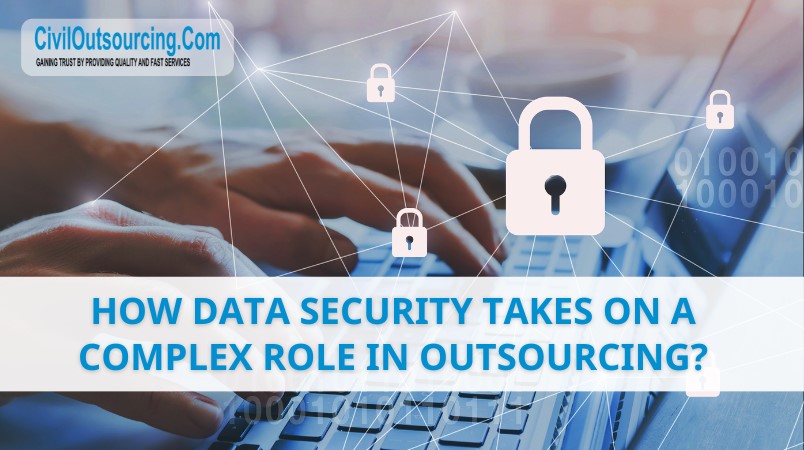Today, the outsourcing process brings numerous advantages but also poses significant challenges in terms of data security. Data security plays a crucial role in safeguarding customer information, mitigating the risk of data loss, and maintaining the reputation of businesses. Let’s explore how data security takes on a complex role in outsourcing through this article.
1. Protecting Customer Information
Data security is paramount in safeguarding customer information when businesses decide to outsource. Details such as names, addresses, bank account information, and other personal details are often shared with partners. Ensuring data security is crucial to preventing the risk of personal information loss and maintaining customer trust.

2. Mitigating Third-Party Data Loss Risks
Sharing data between organizations and outsourcing partners carries a high risk of data loss. Data security addresses threats from malicious activities, cyber attacks, and other security incidents.
3. Compliance with Legal Regulations
In many industries, there are legal regulations and security standards that businesses must adhere to. Outsourcing presents a challenge when dealing with partners operating in countries with different regulations. Data security ensures that all security standards and legal regulations are implemented, minimizing potential legal risks.

4. Maintaining the Confidentiality of Business Strategies
Businesses often share business strategy information with outsourcing partners to efficiently execute tasks. Data security ensures that this information is not leaked or misused, keeping the business strategies confidential and secure.
5. Building Trust and Credibility
Data security in outsourcing is not only a technical issue but also influences the reputation of the business. The ability to protect data not only evaluates professionalism but also creates a trustworthy image in the eyes of customers. It contributes to the overall success of the outsourcing model.
In summary, in the challenging world of outsourcing, data security is not just a factor in securing information; it is a milestone determining success. By ensuring the safety of customer information, preventing the risk of data loss, and maintaining credibility, data security is not only a technical factor but also a crucial step towards an effective and reliable outsourcing model.

If you have any inquiries about our services, feel free to contact us via email: contact@civiloutsourcing.com or fill out the form below. We will promptly address any concerns you may have!
Source: https://civiloutsourcing.com/how-data-security-takes-on-a-complex-role-in-outsourcing/






